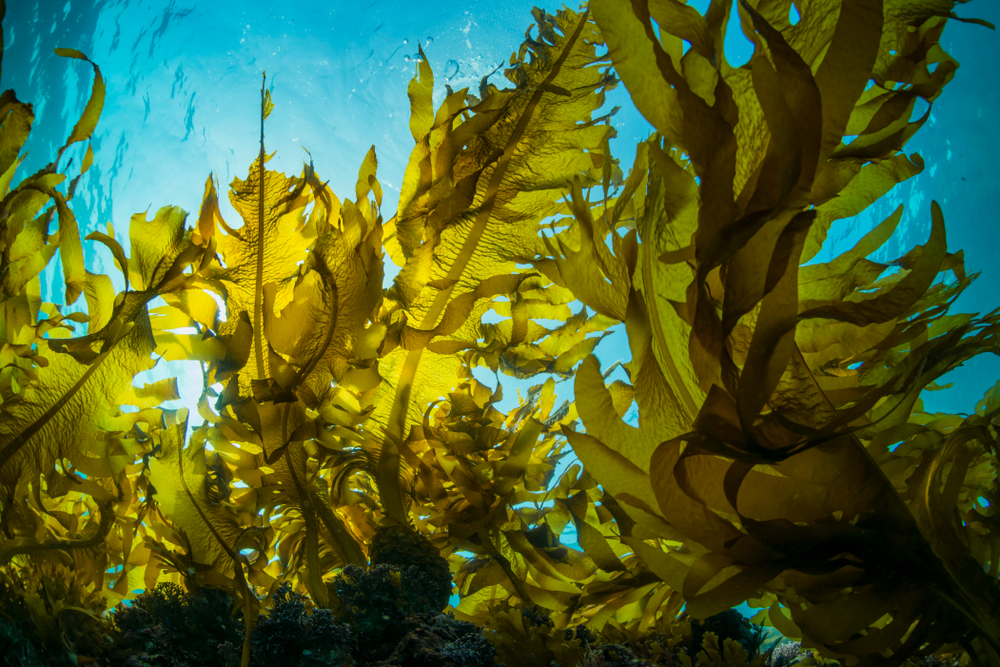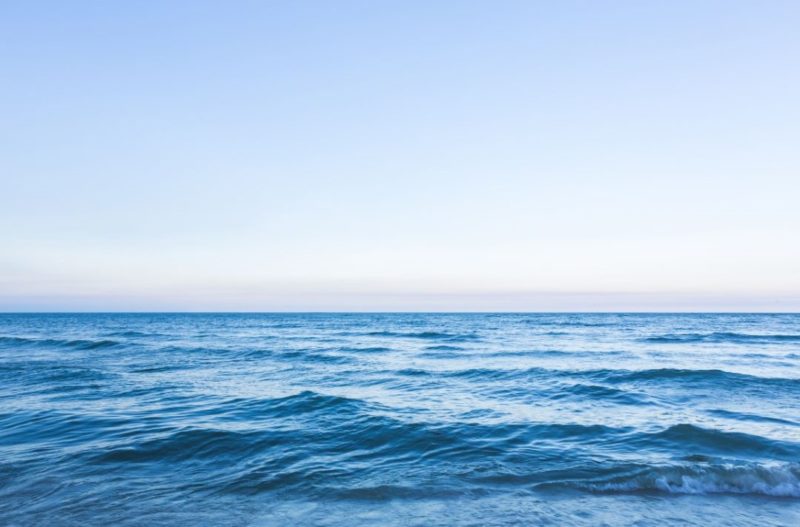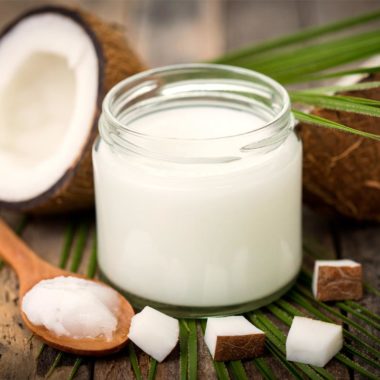While oceans should be protected for environmental reasons, they also have economic value! New jobs and technologies related to the sea can have positive effects on the environment and create new business opportunities. In the future, marine resources will be used differently, offering promising economic and social growth. The ocean provides essential services that society should preserve.
Blue Economy and Upcycling
The Blue Economy focuses on using marine resources for economic growth but in a sustainable way. It’s about using the sea’s resources, ensuring marine ecosystem health, and promoting responsible innovation. Industries like fishing and tourism rely on the oceans, and without them, these industries would vanish. Upcycling is a new trend. Instead of wasting resources, industries invest in technology to reuse “wasted” materials. For example, ocean waste like plastics can be turned into valuable products. Even oyster shells are used by Blue Skincare for beauty products without extra resources.
Marine Ecosystem Services
Every day, ecosystems and their biodiversity help us freely and generously. Beyond the value from beach tourism or fishing, some ecosystems are locally essential. Mangroves, which grow along coastlines in tropical and subtropical regions, prevent soil erosion and reduce flooding. They also support fish species vital for the food chain. Whale waste, rich in iron, is essential for phytoplankton, which produces much of our oxygen. Protecting these ecosystems is more economical than trying to replicate or fix them artificially. Even though it’s hard to put a price on the oceans’ value, marine ecosystem services are estimated to be worth about $20.9 trillion annually, more than the GDP of the USA!
Carbon Storage, a Crucial Issue
To combat global warming, addressing carbon emissions is a solution, even if it’s part of the “green business”. Capturing, recycling, and storing CO2 is a big potential market. Some look to use CO2 for making plastics, others try to mix it with existing materials like cement. Nature already stores CO2 in marine sediments. Storing CO2 will be a critical issue for our survival.
Valuable Seaweeds

Seaweeds are precious marine assets with numerous benefits, found in food and cosmetics. But, intensive seaweed farming can harm ecosystems by causing harmful green algae blooms. It’s vital to balance seaweed farming, a growing market in the Blue Economy. Researchers are exploring biofuels from microalgae and biodegradable plastics from algae, along with medical research.
Marine Energy, the Future’s Energy?
Oceans have energy flows that could provide cheap, accessible energy. Marine energies can produce electricity from tides, currents, or temperature differences between surface and deep waters.
The Blue Economy involves many sectors: innovative ways to protect oceans, creating energy, addressing climate change, sustainable ocean use, and researching resources for new uses. But the main thing to remember is the uncountable benefits oceans provide and the urgent need to protect them.
The blue revolution is underway!






